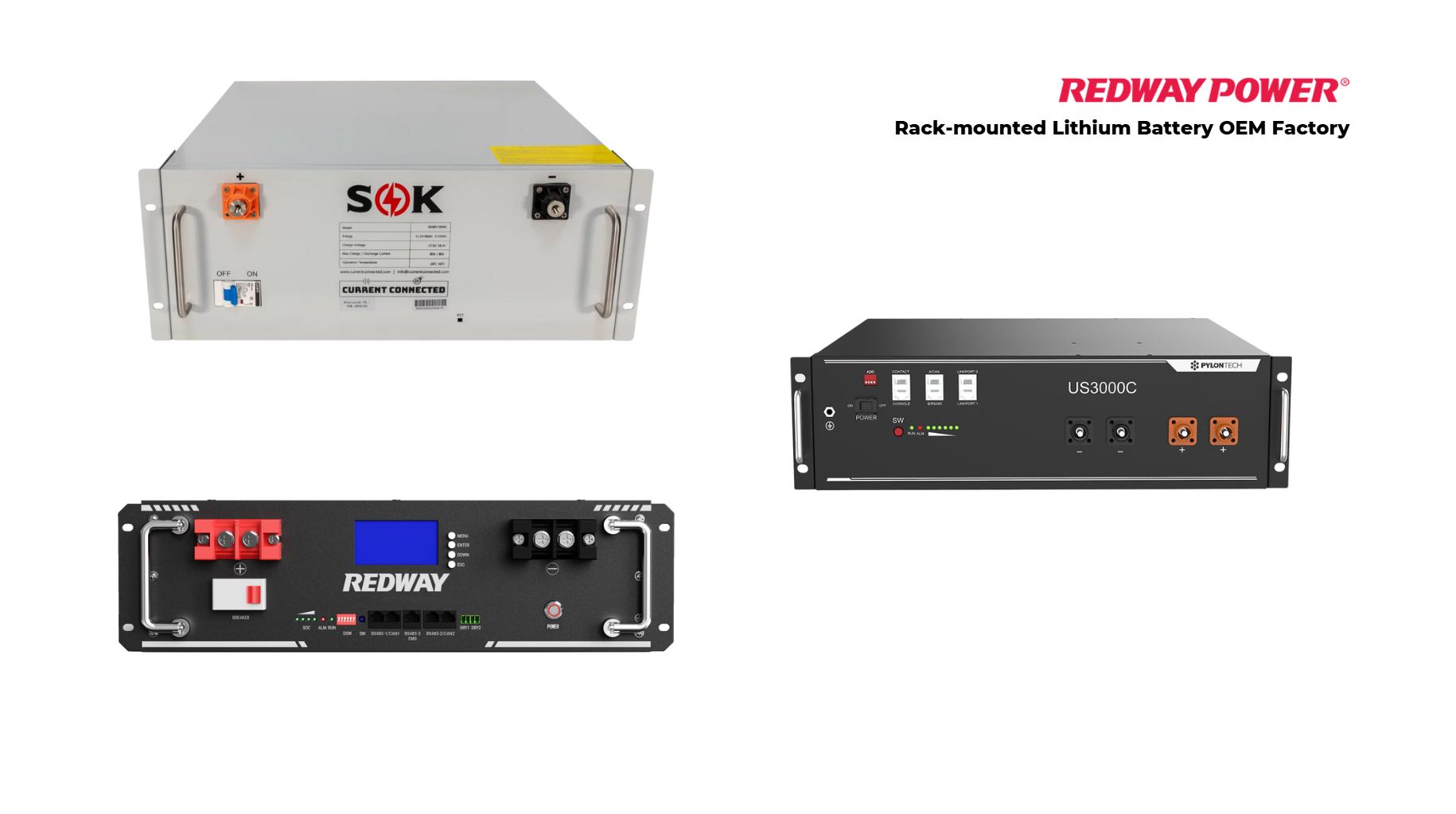When comparing rack-mounted batteries from different brands like SOK and Pylontech, it’s essential to evaluate performance metrics, pricing structures, features, and customer experiences. This article provides a comprehensive analysis to help you make an informed decision about which battery best suits your needs.
How Do Pylontech Batteries Perform Compared to SOK?
Pylontech batteries generally offer a longer cycle life and higher depth of discharge (DoD) compared to SOK batteries. Pylontech models, such as the US5000, provide around 8,000 cycles at 95% DoD, while SOK batteries typically have a lower cycle life. However, SOK batteries are often more affordable, making them a cost-effective option for many users.
| Feature | Pylontech | SOK |
|---|---|---|
| Cycle Life | ~6000 cycles | Up to 7000 cycles |
| Depth of Discharge | 95% | 80% |
| Usable Capacity | 2.16 kWh (US2000C) | 5.12 kWh (48V model) |
What Are the Key Features of Pylontech Batteries?
Pylontech batteries feature advanced battery management systems (BMS) for safety, offering protection against overcharge, over-discharge, and temperature extremes. They support modular stacking for scalability, have a long cycle life of up to 8,000 cycles at 95% DoD, and are compatible with various inverters for easy integration into existing systems.
Wholesale lithium golf cart batteries with 10-year life? Check here.
| Feature | Description |
|---|---|
| Modular Design | Stackable up to 8 modules |
| BMS | Advanced management system |
| Dimensions | Compact for easy installation |
Know More:
How Can You Choose the Right LiFePO4 Rack Mounted Battery?
What Factors Should You Consider When Selecting a Rack-Mounted Battery?
How Do SOK and Pylontech Batteries Compare in Performance and Price?
Best Models of LiFePO4 Rack-Mounted Batteries in 2025
Want OEM lithium forklift batteries at wholesale prices? Check here.
What Are the Key Features of SOK Batteries?
SOK batteries are known for their affordability and solid performance. They typically offer a good balance of capacity and power rating, with a focus on high discharge rates. SOK batteries also feature built-in BMS for safety and reliability, making them suitable for various applications including off-grid systems.
| Feature | Description |
|---|---|
| Smart BMS | Includes multiple safety features |
| UL9540 Certification | Ensures safety standards |
| Low Self-Discharge Rate | Ideal for long-term storage |
How Do Pricing Structures Compare Between Brands?
Pricing structures vary significantly; Pylontech batteries tend to be more expensive due to their advanced features and longer cycle life, often priced around $2,500 to $3,300 per unit. In contrast, SOK batteries are generally more budget-friendly, with prices ranging from $1,500 to $2,200 depending on specifications.
| Brand | Price per kWh |
|---|---|
| Pylontech | ~$480 |
| SOK | ~$500-$600 |
What Are the Customer Reviews and Experiences with Each Brand?
Customer reviews indicate that Pylontech users appreciate the longevity and reliability of their batteries but note the higher price. SOK users often highlight the cost-effectiveness and decent performance but may mention shorter cycle life compared to Pylontech. Overall satisfaction varies based on individual needs and expectations.
| Brand | Positive Feedback | Negative Feedback |
|---|---|---|
| Pylontech | Reliability | Supply chain issues |
| SOK | Customer service | Fewer advanced features |
How Does Warranty Coverage Differ Between Brands?
Pylontech typically offers robust warranty coverage of up to 10 years, reflecting confidence in their product’s durability. SOK batteries usually come with a shorter warranty period of around 5 years. Warranty terms can influence purchasing decisions based on perceived reliability and long-term value.
| Brand | Warranty Duration |
|---|---|
| Pylontech | Up to 10 years |
| SOK | Up to 20 years |
What Are the Installation Requirements for Each Brand?
Both Pylontech and SOK batteries require compatible mounting systems and proper ventilation for optimal performance. Pylontech batteries are designed for easy integration into standard server racks, while SOK batteries may require additional mounting hardware depending on the setup. Always follow manufacturer guidelines during installation.
| Brand | Installation Complexity |
|---|---|
| Pylontech | Moderate |
| SOK | Easy |
How Do Environmental Ratings Impact Battery Selection?
Environmental ratings impact battery selection by indicating how well a battery can perform under specific conditions such as temperature and humidity. Batteries with higher ratings are better suited for extreme environments. Choosing a battery that matches your local climate ensures reliable operation and longevity in your application.
| Brand | Environmental Rating |
|---|---|
| Pylontech | IP20 (indoor use only) |
| SOK | IP65 (suitable for harsher conditions) |
Conclusion
When comparing rack-mounted battery brands like SOK and Pylontech, it’s crucial to consider factors such as performance metrics, pricing structures, features, customer experiences, warranty coverage, installation requirements, and environmental ratings. By evaluating these aspects thoroughly, consumers can make informed decisions tailored to their energy storage needs.
Expert Views
“Understanding the nuances between different battery brands is essential for making an informed choice,” states an expert from Redway. “Both SOK and Pylontech offer unique advantages that cater to varying consumer needs.”
FAQ Section
- Which brand offers better longevity?
Generally, SOK batteries have a longer lifespan potential compared to Pylontech due to their design specifications. - Are there significant price differences between SOK and Pylontech?
Yes, while both brands are competitively priced, Pylontech typically offers lower costs per kWh compared to SOK. - What should I consider when choosing between these two brands?
Consider your specific energy needs, budget constraints, installation environment, and desired warranty coverage when making your choice.






